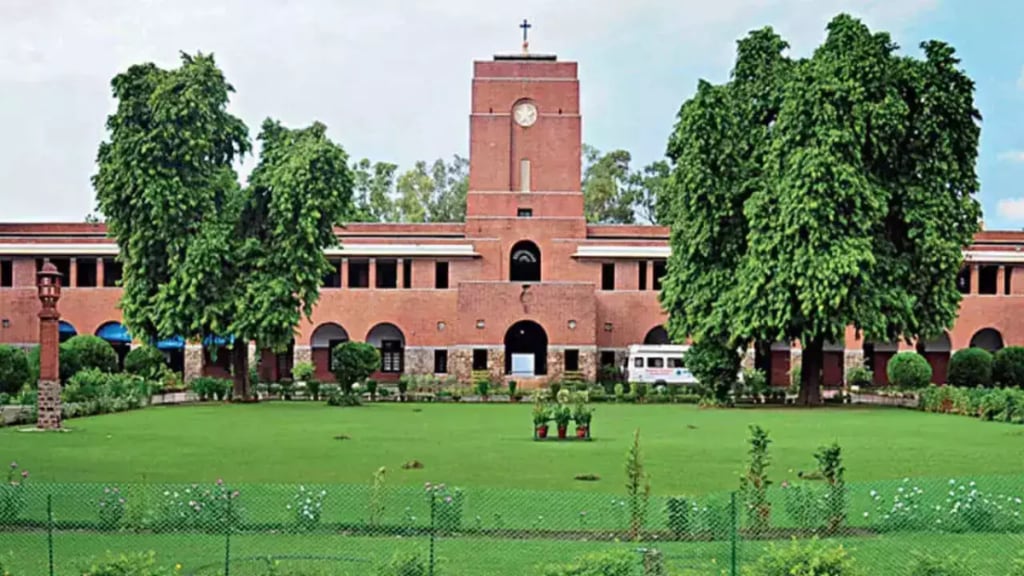The University of Delhi on Saturday announced the commencement of the second phase of its undergraduate admission process under the Common Seat Allocation System (UG)-2025 (CSAS-UG). Phase-II will begin on July 8, with candidates required to log in at ugadmission.uod.ac.in to fill in their preferences for programme and college combinations.
The preference-filling window will remain open till 11:59 pm on July 14, after which all submitted choices will be auto-locked. The university has advised candidates to exercise extreme care while finalising preferences.
In a relief to new applicants, both Phase-I and Phase-II registrations will remain open until July 14, allowing fresh candidates to complete the process.
A one-time correction window will also be available for students who have already submitted Phase-I details. This facility will be open from July 7 to 11:59 pm on July 11, enabling students to edit and resubmit their forms. Officials have clarified that only a single attempt at correction will be allowed and forms cannot be reopened once submitted.
The simulated ranks will be released at 5 pm on July 15, followed by a preference-change window until 11:59 pm on July 16. The first CSAS allocation list will be published at 5 pm on July 19. Candidates must accept their seats by 4:59 pm on July 21, and colleges will verify and approve applications until July 22. The fee payment deadline for the first round is July 23.
Vacant seats will be displayed on July 24, followed by a preference-reordering window till July 25. The second allocation list will be declared on July 28, with the acceptance deadline on July 30, verification by July 31, and fee payment by August 1.
The academic session is scheduled to begin on August 1. This year, Delhi University is offering 71,624 undergraduate seats across 79 courses in 69 colleges.
In a key update, DU has relaxed subject combination rules—now allowing qualification based on either one language and three subjects or two languages and two subjects, whichever yields the best CUET score. Moreover, the 30% minimum CUET language paper requirement for BSc (Honours) programmes has been removed.
An auto-accept feature has also been introduced to prevent students from losing their seats due to technical delays.
This year’s CUET-UG 2025 received a record 13.5 lakh applications, with English, General Test, and Chemistry emerging as the most opted subjects. University officials noted that the system has enhanced diversity, drawing students from small towns and a wider range of school boards.
